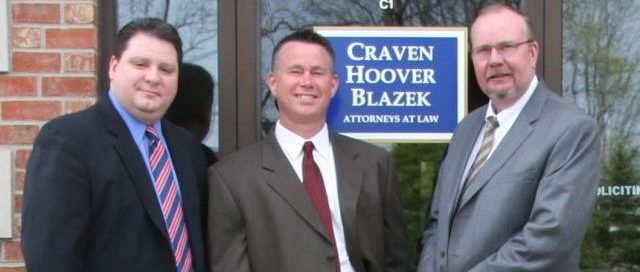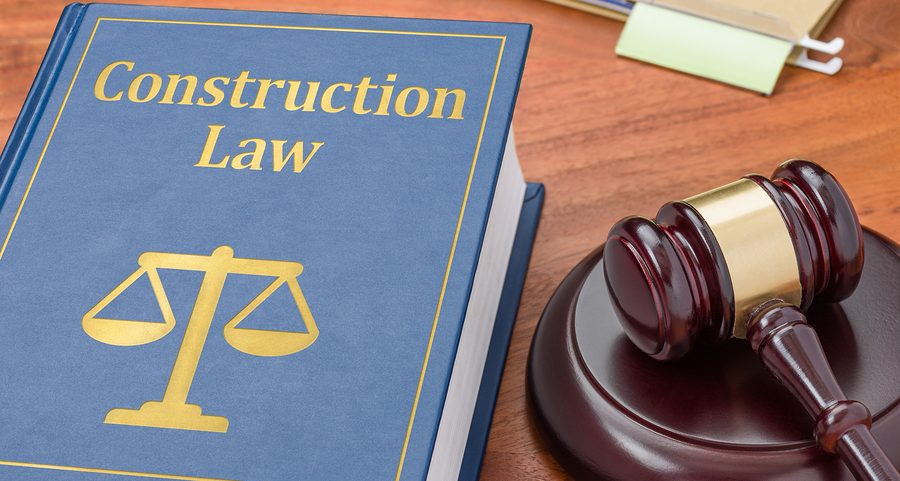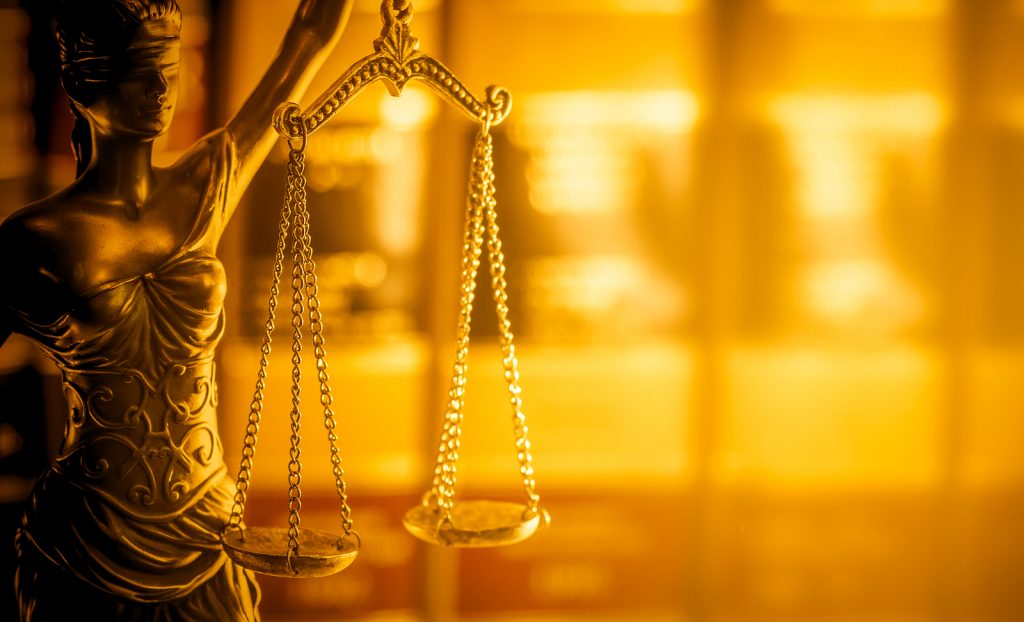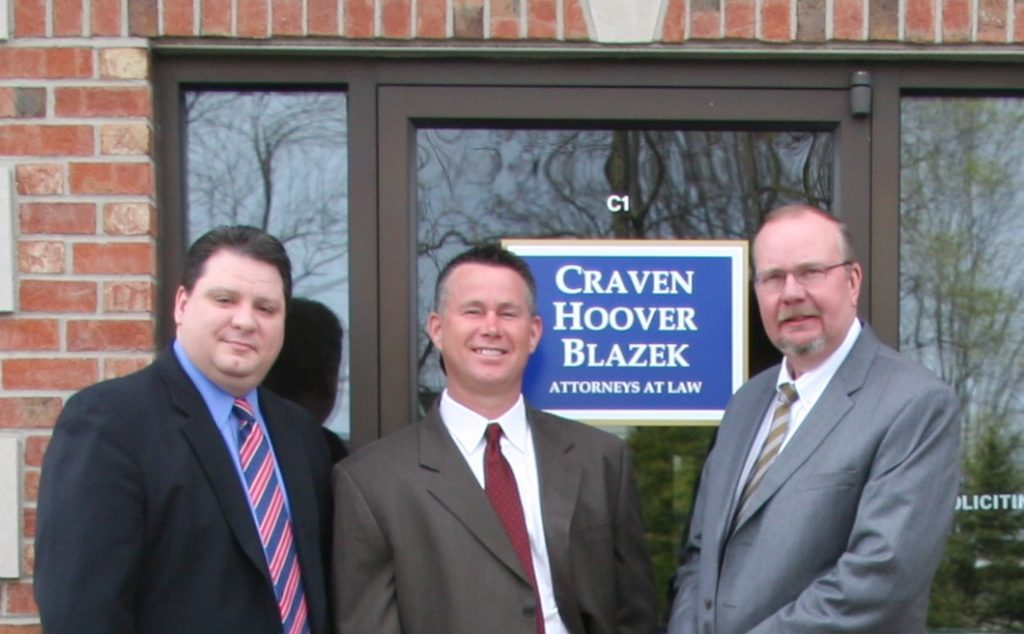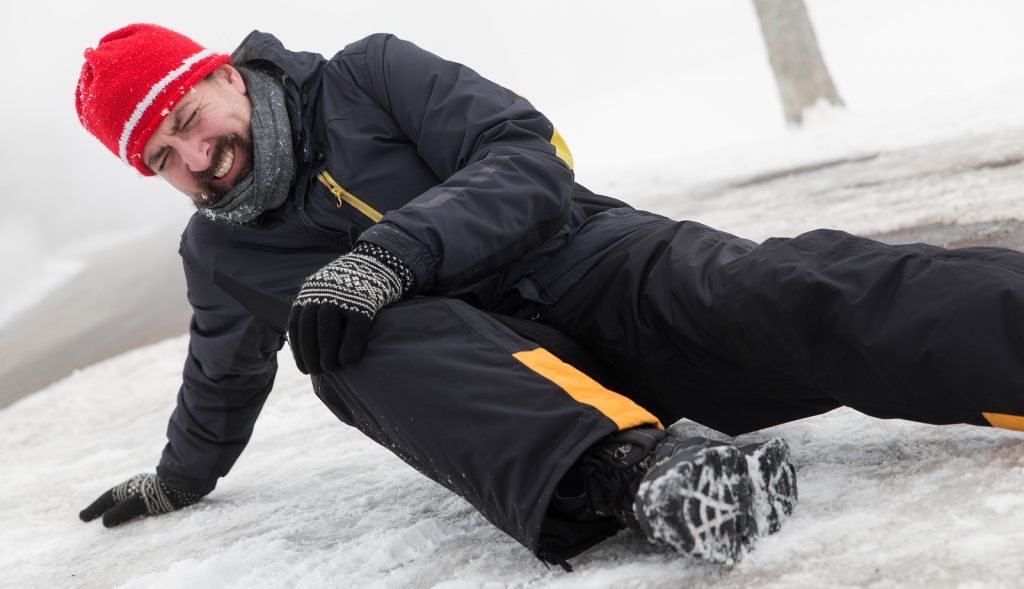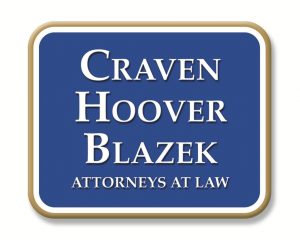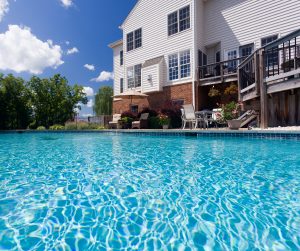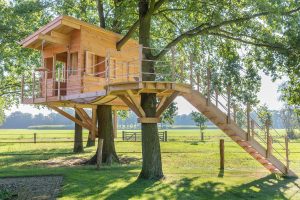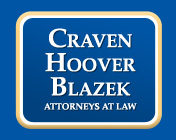After being injured or suffering an accident at a retail store, it is important to learn your rights to compensation and legal protection, regardless of the extent of your damages and losses. Continue reading for a basic review on what you need to know about retail store lawsuits and personal injury claims, including and how to get started on your personal injury claim.

A Store’s Liability
Retail stores, like all public and private properties, have a duty of reasonable care to keep their environments free of hazards and unsafe conditions. In the case where a retail store neglects to uphold their legal standard of care, and as a result a person is injured on their premises, they could be held legally liable for the victim’s damages and losses and their insurance carrier would be responsible for paying any judgment or settlement on behalf of the retail store.
Under tort law, this legal principle is known as premise liability. The type or extent of liability a retail store can be subjected to really depends on broad spectrum of factors, especially whether or not the victim was invited onto the property, licensed to enter the property, or trespassed onto the property. The law classifies customers and guests as invitees, whether paying or not, therefore under law, all customers are entitled to protection under a reasonable care standard from harm while on the store property.
A property’s “premise” is defined as inside and outside of a property, including sidewalks, parking lots, and gates, staircases, parking garages, and more. Where the lines are drawn is fact sensitive. Cases of premise liability can involve various types of accidents and injuries. The most common accidents are slip, trip, and fall accidents. Other common types of premise liability accidents include structural hazards, orthopedic injuries, burn injuries, violence and assault, food poisoning, animal attacks, pedestrian accidents, swimming pool accidents, and more.
Retail Store Accident Claims
If you were injured on the property of a retail store as a result of their negligence, you are entitled to certain legal rights, including compensation for your hospital bills, medical expenses, time lost at work, pain, suffering, and much more if caused as a result of the store’s failure to use reasonable care. Your first step to getting your accident claim started is to contact a seasoned personal injury lawyer in Indianapolis for an initial consultation.
During your initial consultation, you will discuss several points of your claim with an experienced attorney who can guide you on the best track toward financial recovery. Since first consultations are free, you do not have to worry about paying anything out of pocket to learn more about your legal rights. See our blog, “What to Bring to a Personal Injury Consultation” for details on how to prepare for your first meeting with an accident lawyer.
Top-Rated Accident Attorneys at Your Service
Call The Law Office of Craven, Hoover, and Blazek P.C. at 317-881-2700 to make a personal injury claim in Indiana. Our seasoned Indianapolis personal injury attorneys maintain a concentrated focus on accident law, and retain extensive trial and litigation experience with a written track record of success. Not only do we offer free initial consultations, we never collect lawyer fees unless we recover a settlement or judgment for you. Get started by scheduling your consultation, today.
